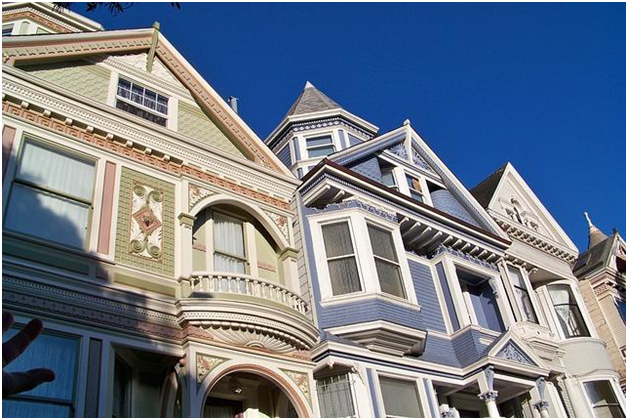Thinking About Becoming a Landlord Then Learn What Insurance You Need
 With demand for rental properties soaring to new heights, more people are jumping at the chance to become a buy-to-let landlord. However, there’s a lot to learn if you’re just entering the market, from the right sort of buy-to-let landlord insurance, through to the right mortgage for your needs. After all, taking out a mortgage as a landlord isn’t the same as the home loan you may be used to; similarly your standard home insurance policy will not cover you in all situations as you are now dealing with third party liabilities.
With demand for rental properties soaring to new heights, more people are jumping at the chance to become a buy-to-let landlord. However, there’s a lot to learn if you’re just entering the market, from the right sort of buy-to-let landlord insurance, through to the right mortgage for your needs. After all, taking out a mortgage as a landlord isn’t the same as the home loan you may be used to; similarly your standard home insurance policy will not cover you in all situations as you are now dealing with third party liabilities.
Here we look at mortgage and insurance deals for landlords to make sure you make the most of this investment opportunity.
Standard versus landlord mortgages
There are some important difference between landlord mortgages and mainstream mortgages which you should be aware of. These include:
- Deposit: landlord mortgages often require a minimum deposit of 20% instead of the 10% required for homeowner mortgages. If you want the best rates, you’ll need closer to 40%.
- Fees: don’t be surprised to see arrangement fees of anywhere between £1,000 and £3,500 on a loan of £100,000 with a buy-to-let mortgage. Compare the total cost of a mortgage as it could be cheaper to opt for one with lower fees and a higher interest rate.
- Interest rates: these are also likely to be much higher than those found on the mainstream mortgage market.
- Age: landlord mortgages are based on rental income so you should be able to borrow past retirement age unlike with homeowner mortgages.
Potential pitfalls
All mortgages come with potential risks and it’s important you recognise what these are and how you can address them as a landlord.
- Repayments: you must be able to afford your repayments even when interest rates rise or you can’t find a tenant.
- Profit: most buy-to-let mortgages are based on the rent you charge. You should charge at least 125% of your mortgage payment as rent to make it profitable. So, if your monthly payment is £400 you’ll recoup £500 a month in rent.
Why is insurance so important?
After you’ve secured the right mortgage, you’ll want to make sure you have suitable protection in place for your property. While, legally, having additional landlord’s insurance isn’t required, it is in your best interest to make sure you have adequate coverage to give you optimum protection and peace of mind.
Your standard home insurance won’t protect against many possible incidents that you may run into when dealing with tenants such as public and property liability cover and glass and locks replacement.
Landlord coverage will also help protect against other scenarios associated with third parties including possible litigation costs and other damages. You can also opt to take out things like employer’s insurance which protects you if you hire someone to take care of the maintenance of your property and they become injured while doing so, or rental insurance in the chance that your tenants refuse or become unable to pay their rent or if the property is left unoccupied for a period of time.
Where to find the best deals
When looking for the best deals for both mortgage and insurance policies, a thorough online search is an ideal place to start. It’s here that you can learn about the different types of cover and costs so you make sure you know of your needs and exactly what each policy will cover.
These days, buy-to-let properties can be very lucrative investments and by doing a little research you can find the right mortgage and insurance cover plan to protect your property against most incidents.
Category: Real Estate





